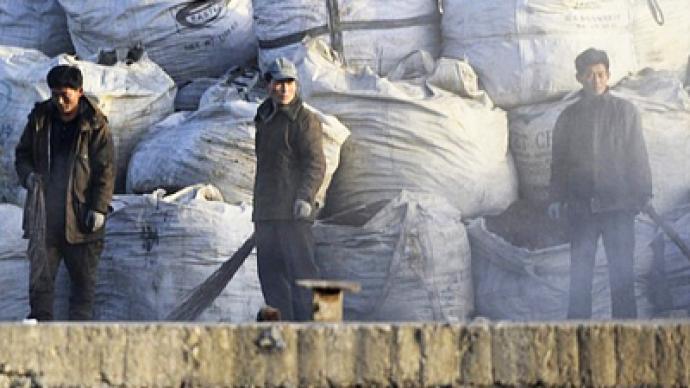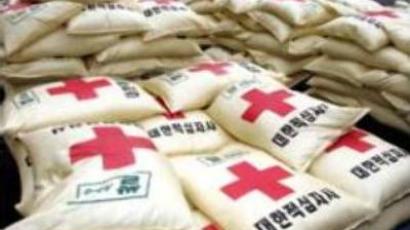War hysteria could lead to full-scale conflict on Korean peninsula

As tensions between North and South Korea heat up, Russia warns against the danger of escalating aggression.
Clashes began between North and South Korea on Tuesday morning, as both countries fired artillery shells across their disputed maritime border. South Korea has admitted it was the first to fire the shells. However it says the firing was part of a military drill, not directed at North Korea.Earlier Seoul blamed the North for what it called an unprovoked shelling of its island, while Pyongyang claimed the South had violated its maritime border during the military drills.The Russian foreign ministry said the clashes are unacceptable and called on both sides to show restraint to prevent the outbreak of military conflict.“What happened deserves condemnation. Those who initiated the shelling must accept responsibility. We insist that both sides must take measures to pacify the situation and prevent similar action in the future. Unfortunately, this is already the third incident of its kind this year. But this time, there’s a colossal danger of the situation descending into military conflict. This must be avoided. Russia has repeatedly warned of the growing tension in the region, and is now counting on both sides to arrive at a suitable conclusion,” Russia’s Foreign Minister Sergey Lavrov said.Pavel Leshakov, director of the International Centre for Korean Studies at Moscow State University, says a full-scale conflict between North and South Korea is unlikely, but the war hysteria that is quickly spreading across the Korean peninsula is a real threat. Leshakov also said there was quite possibly a link between the latest Korean conflict and North Korea’s recent show-off of its new nuclear facility. On November 20, the media published a review by American nuclear experts who describe an industrial-scale uranium enrichment plant in Korea. The report sparked fresh alarm over North Korea’s growing nuclear capability. According to Leshakov, the very fact that Pyongyang decided to show the facility to the United States is an invitation to negotiations.“The most important thing now is negotiation between North Korea and the USA. If the USA takes a more cautious and thorough attitude towards problems on the Korean peninsula, the solution could be reached quite simply,” he said.
Dr Leonid Petrov, lecturer on Korean Studies at Sydney University, said that at the moment South Korea is locked in a dilemma over whether to scrap its own policy under which president Lim Myung-bak took power with an election promise to be “pragmatic” with North Korea. According to Petrov this pragmatism did not lead anywhere except to major loss of life, loss of infrastructure and the destruction of border facilities.“We are most probably looking at a major negative response from the South Korean population towards its own government on one side and also a big question is the future of the South Korean-American alliance in the long term. Previously the ‘Sunshine policy’ simply created an atmosphere where US troops [were not needed on the Korean peninsula] and there was no necessity for such kind of protection as both sides of the divided country were capable of cooperating,” Petrov said. “But now South Korea will probably ask for more assistance from the United States, including nuclear weapons. But the United States would probably not allow South Korea to do so, because it will lead to unbalance in the structure of the current non-proliferation system in the world and in this region in particular, because nuclear South Korea would probably cause a domino effect and trigger the ‘nuclerification’ of Taiwan and Japan,” he said.
Glyn Ford, former MEP and author of 'North Korea on the Brink: Struggle for Survival', thinks it is unlikely that the Korean confrontation could lead to a third World War, but it could, after a while, lead to a major military conflict. “In the sense that certainly in the past, back in the 1990’s, the US was preparing preemptive attacks against the North’s nuclear facilities. We clearly would be provoking something closer to Gulf War III than to World War III. Nevertheless, even that would cause immense damage to the global economy and global security,” he pointed out.













